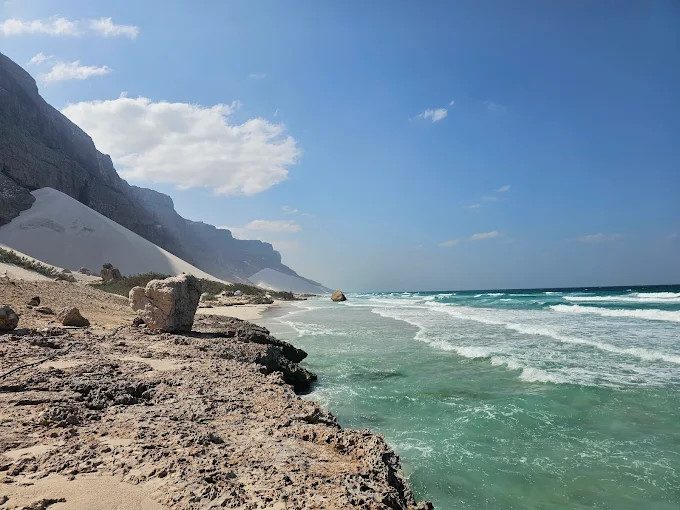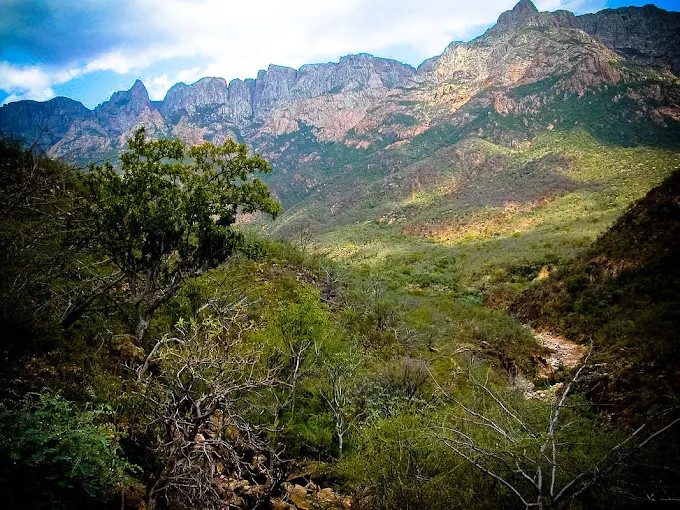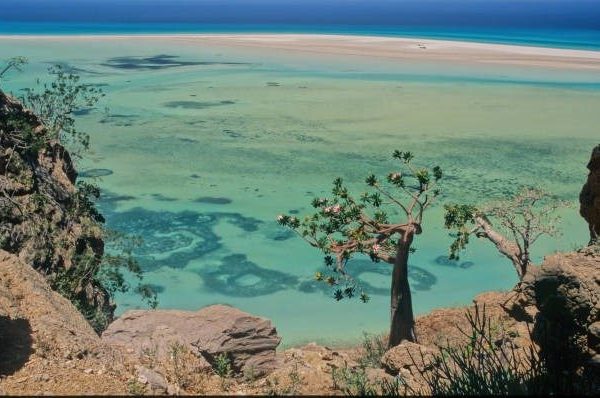5 Days 4 Nighs
Daily Tour
Unlimited
___
This 5-day adventure introduces you to the raw, untouched beauty of Socotra Island, one of the most biodiverse places on Earth and often described as the “Galápagos of the Indian Ocean.”
Your journey begins with an arrival in Hadiboo, the island’s main town. You’ll explore the Homhil Reserve, home to rare trees like Dragon Blood and frankincense, and the serene beach of Erher. Later, discover the Dihamri Marine Protected Area, ideal for snorkeling and observing vivid marine life.
The adventure continues through the rugged highlands to Dirhur Canyon, where you’ll find crystal-clear natural pools for swimming, and climb up to Fermhin Mountain, surrounded by the island’s iconic, alien-like trees.
End your trip with a visit to Qalansiyah Beach, famed for its white sands, turquoise waters, and nearby Ghubba, a traditional fishing village offering a glimpse into local island culture.
This tour is perfect for nature lovers, photographers, and anyone looking to connect with one of the planet’s most otherworldly and peaceful landscapes.

After breakfast, we visit Qarya Lagoon, the island’s largest, which sometimes attracts flamingos. From there, we drive to the Homhil Protected Area, a land of frankincense, where we’ll visit Frankincense Forest — the ancient forest of Arabic gum. At the Homhil viewpoint, take in sweeping views of the eastern coast.
We continue to Wadi Areher, where fresh water flows from caves directly into the sea — a rare chance to bathe in freshwater right beside the waves. Our final stop is Dihamri Marine Protected Area, a coral reef paradise perfect for swimming and snorkeling. Return to Hadiboo for an overnight stay.

Departure from Hadiboo at 8:00 AM to Dixam Plateau, stopping to admire the iconic dragon blood trees and take photos of this otherworldly landscape. Continue to Fermahen, the island’s largest dragon blood forest, home to nearly two million trees. Our journey ends at Wadi De’erhur, where natural freshwater pools invite you to swim and refresh. Return to Hadiboo for an overnight stay.

Morning departure to Qalansiyah, the island’s second-largest town, and onwards to Detwah Lagoon, a protected paradise known for its crystal-clear waters. In the afternoon, we take a boat trip to Shu’ab Bay, gliding past mangroves and spotting marine life. Enjoy snorkeling in pristine waters, then return to Detwah for a stunning sunset before driving back to Hadiboo for an overnight stay.
Yes, Safety is our top priority and we ensure your safety by providing expert local guides and up-to-date travel advice. We work closely with local authorities and follow all safety protocols to ensure a secure and enjoyable tour.
The best time to visit is between October and April, when the weather is milder and more comfortable for sightseeing both Yemen’s historical sites and the natural beauty of Socotra Island.
Yes, Yemen requires most visitors to obtain a visa before entering the country.
We recommend packing lightweight, breathable clothing, sturdy walking shoes, sunscreen, and a hat. If you’re visiting Socotra, don’t forget swimwear for the beaches and a camera to capture the unique landscapes.
Unfortunately, Sanaa is still not opened and not safe for tourists to visit.
USD in cash is the most widely accepted. It's also worth noting that Yemen is a cash-based society, and it's always adviced to have some cash on hand. There are no ATMs and credit cards are not accepted in most of the country.
It’s important to have a trevel insurance specifically tailored for Yemen. This ensures you are covered for any country-specific risks and requirements. Many countries, including Yemen, may require proof of travel insurance for entry. It’s always advisable to have travel insurance to comply with international travel requirements.
You can take photos of landscapes and tourist attractions, but avoid photographing government buildings or locals without permission.
Yemen hotels are mainly based on location, security, and staff. Hotels standards in Yemen will not match Western standards regarding price-quality ratio, etc.
Modest clothing is recommended. Women are not required to wear an abaya but should dress conservatively.
ae13go